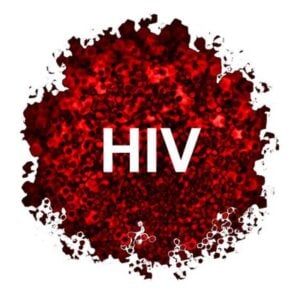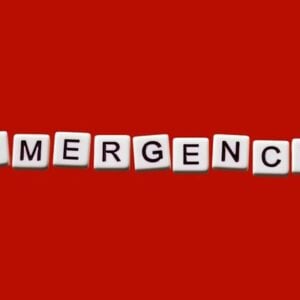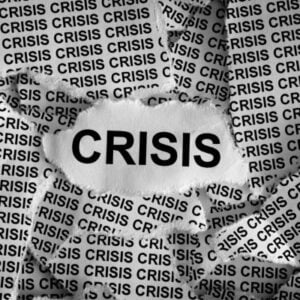The sudden announcement by U.S. President Donald Trump to cut foreign aid has left South Africa’s most vulnerable populations struggling to access HIV services. In Johannesburg, nonprofit clinics providing free HIV treatment were forced to close within 24 hours, affecting tens of thousands of people who relied on these services for life-saving medication. While some were able to secure supplies in time, many others, including sex workers and transgender individuals, faced months without access to essential HIV treatment and preventive medication.
Over 63,000 people had been receiving treatment in the 12 clinics that shut down, with up to 220,000 others experiencing disruptions to their daily HIV medication. The South African government has pledged to maintain its HIV program despite the withdrawal of approximately $427 million in U.S. support, which previously funded the largest HIV treatment program in the world. Vulnerable groups, especially those whose work is criminalized like sex workers, have faced additional barriers in obtaining medication due to stigma and discrimination at public hospitals and clinics.
Several HIV-positive individuals reported being denied treatment or forced to seek medication through the black market, where prices have nearly doubled. Mobile clinics have been introduced to fill some gaps, but access remains limited, leaving many uncertain about future care. Health experts warn that the aid cuts could lead to hundreds of thousands of new HIV infections and tens of thousands of deaths if alternative funding or support mechanisms are not secured.
Challenges extend beyond medication shortages. Many patients turned away from public health facilities cite bureaucratic hurdles, such as needing referral letters from now-closed clinics, while discrimination further prevents access, particularly for sex workers and transgender people. For some, buying private medication remains the only option, though affordability and authenticity are major concerns. The withdrawal of U.S. funding also hampers routine testing, leaving many unaware of their HIV status and potential to transmit the virus.
Activists and public health specialists are deeply concerned that South Africa could regress in its fight against HIV. Prior to the aid cuts, around two million of the country’s estimated eight million HIV-positive individuals were not on treatment due to logistical, financial, or personal barriers. The sudden funding reductions exacerbate these challenges, threatening to reverse decades of progress. Among affected communities, frustration and anger have been directed at the U.S. government, with some questioning the influence of public figures like Elon Musk in shaping aid policy. The situation underscores the fragile reliance on foreign aid for critical health services and the urgent need for sustainable, inclusive solutions to protect vulnerable populations.







